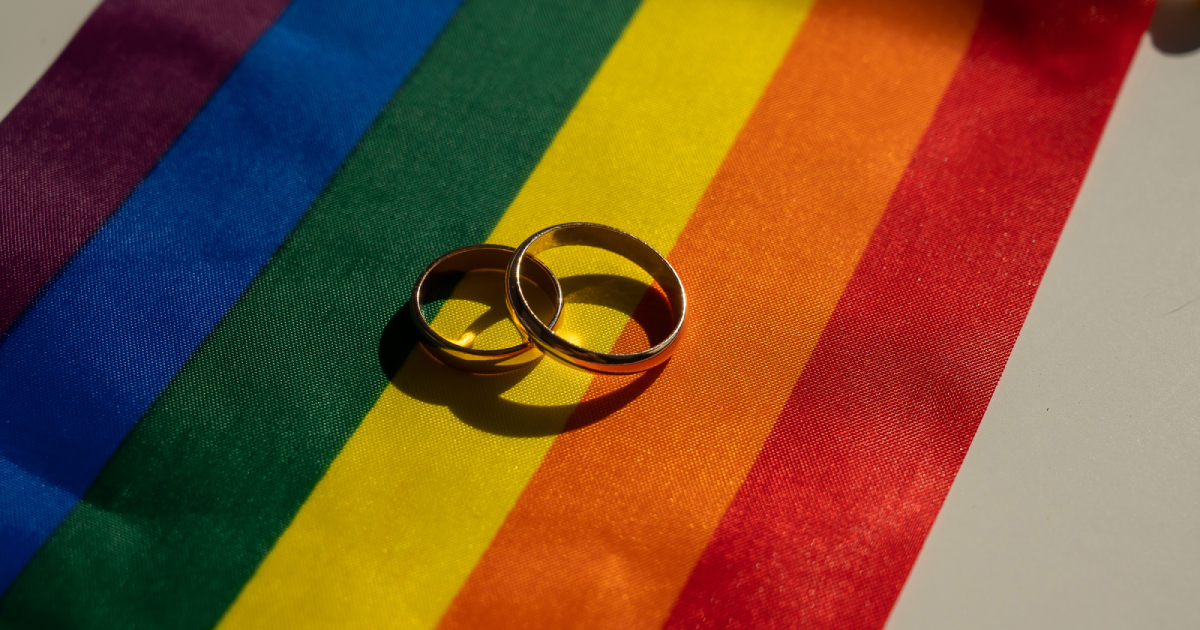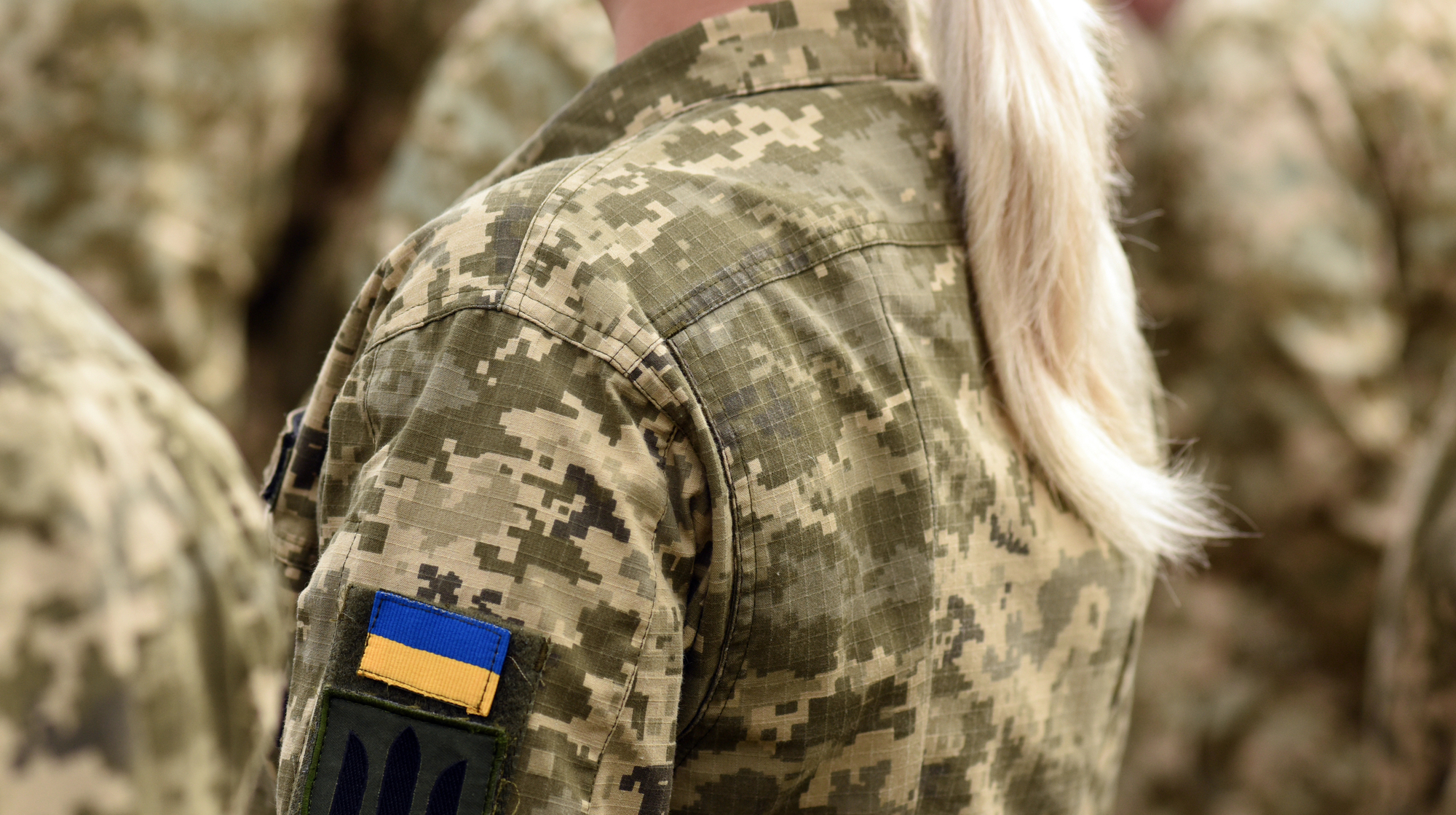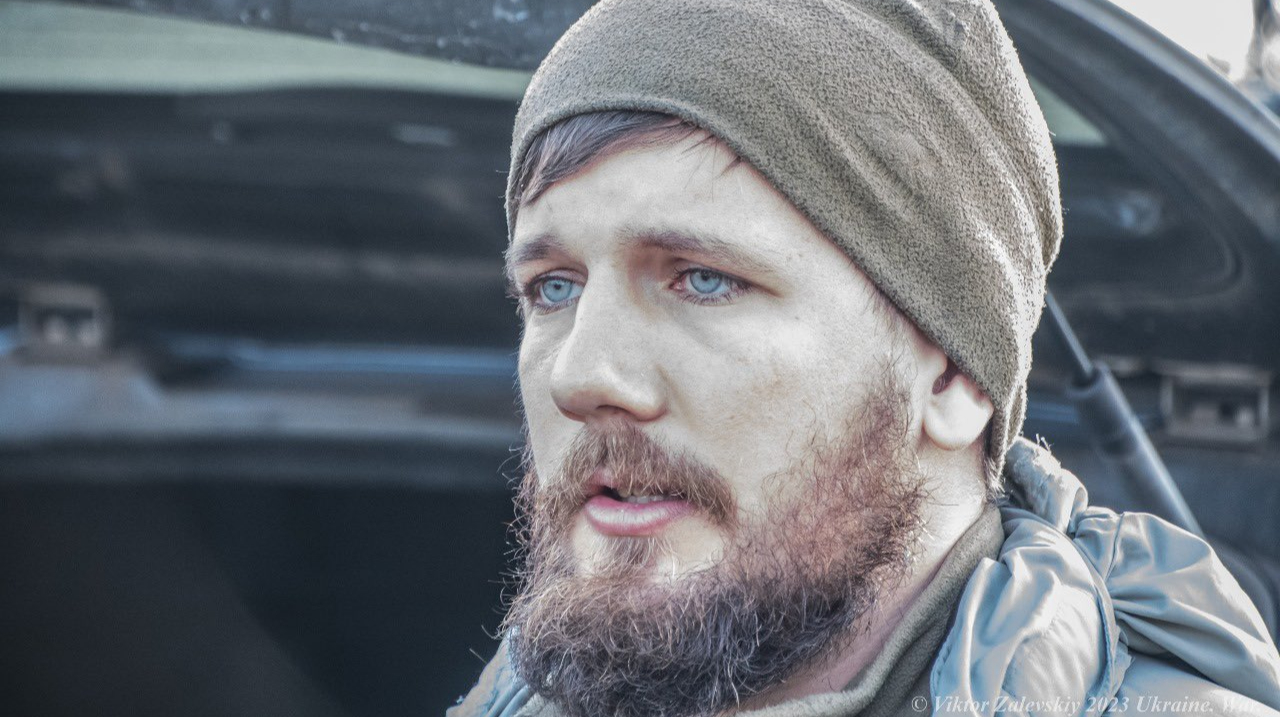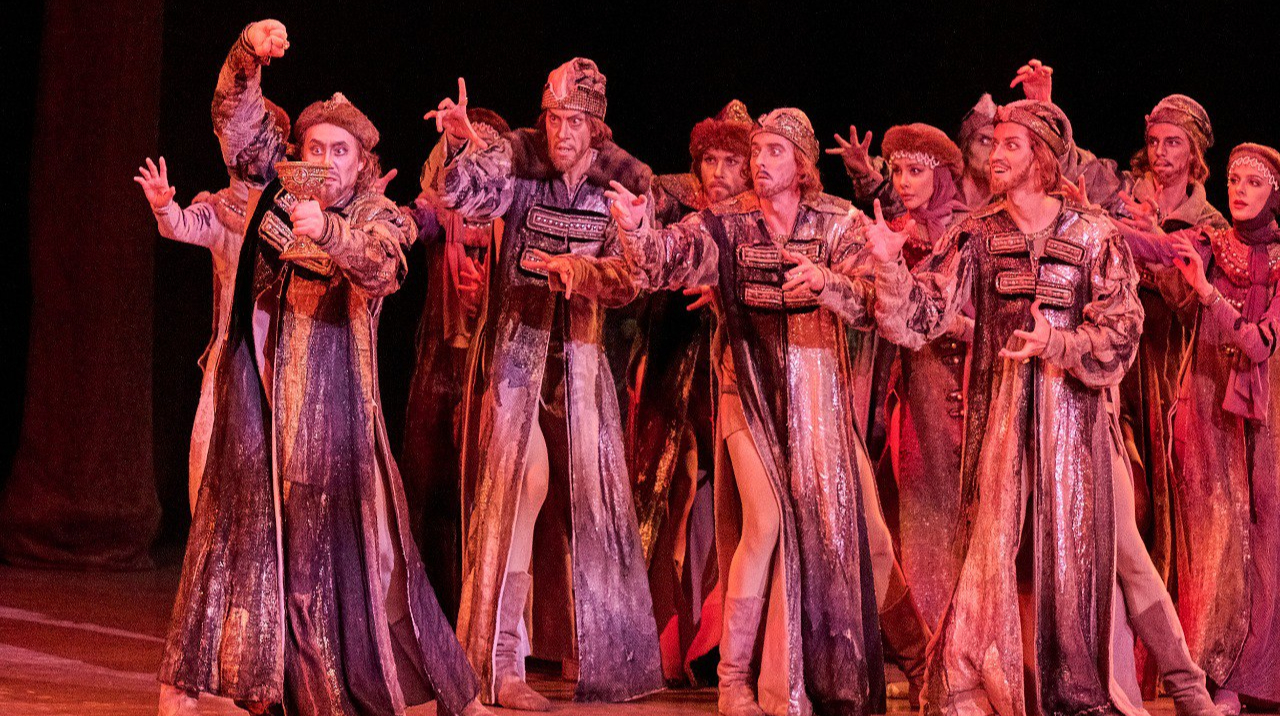“Same-sex marriages” and registered civil partnerships. Why there will not be one in Ukraine and how it is planned to implement the other

Ukrainians as a nation and as individuals are becoming more and more visible in the world. Ukrainian human rights defender Olena Shevchenko was named Time magazine’s Woman of the Year. Commenting on the mentioned award, Olena wrote the following words: “Russian propaganda rests on the idea of ”traditional values”, where there is no equality for either women or the LGBTQ+ community. So I have a combo in this fight. I am a woman and I am a lesbian. And I proud. And yes, I am the person who will fight for same-sex marriage, because there is nothing more disgusting than when traditionalists start crying about violating their right not to see LGBTQ+ people around you. You don’t have that right. And there is nothing more disgusting , than your joy at the fact that LGBTQ+ people cannot apply for marriage in Ukraine. Because joy at the misfortune of other people is disgusting. Ukraine is changing and nothing and no one will stop people who have values of humanity and faith in equality.” I have a lot to add not just as a person who shares the same opinion with Elena. I have something to add, as an official in the Ministry of Justice who is responsible for the National Strategy on Human Rights and the Action Plan for its implementation, the introduction of the institute of registered civil partnerships (which is often called “same-sex marriage” among the people) is one of the points of this Action Plan. In addition, our ministry is supposed to submit a bill on registered civil partnerships to the Parliament this year. We work on it, we have an understanding of what and why we write, what philosophy and meanings we put into the text, and what intermediate results we aim for. Moreover, we understand the importance and relevance of this issue in view of the large number of representatives of the LGBTQ+ community who today defend our country in the ranks of the Armed Forces of Ukraine. After all, the state, in its turn, must also take care of them and their families, right? To be honest, I personally do not yet have a final vision and confidence in how this initiative, which is currently supported by the majority of Ukrainians, will be finally implemented – as it is clear that the advocacy and political path of this draft law will not be the easiest in any case. But I am definitely confident in the quality of the product that we are currently developing on the basis of the ministry. And now briefly about the conceptual things within which we decided to move: the institute of registered civil partnership is proposed to be introduced only for same-sex couples. An important remark is that these will be partnerships, not “same-sex marriages”, that is, the institution of marriage itself will not undergo any changes; it will be a separate bill that will provide for a specific list of partners’ rights. That is, all the granted rights and obligations of partners are provided with amendments to a number of laws. In fact, everything is the same as for heterosexual couples, with certain exceptions and nuances; the draft law will define a range of issues that can be regulated by a partnership agreement; same-sex marriages concluded between citizens of Ukraine in foreign countries are planned to be equated to civil partnerships in Ukraine; if the partners are citizens of Ukraine and live abroad and wish to register a partnership, they will be able to do so in diplomatic and consular institutions of Ukraine; the draft law should also take into account the decision of the European Court of Human Rights Fedotovaandothers v. Russia. This is a case in which several same-sex couples from Russia claimed that their rights were violated by the fact that their country did not give them the opportunity to formalize a formal relationship in order to be able to protect their material and non-material rights. In its decision, the court reaffirmed the already established practice that states parties to the Convention on Human Rights and Fundamental Freedoms must in any case provide a legal framework that allows same-sex couples to receive proper recognition and protection of their relationships. By the way, this year we expect a decision in a similar case regarding Ukraine, but I doubt that it will be significantly different and will not establish the same human rights violations as in Russia, unfortunately. Therefore, it is obvious that the question of respect for human rights for us, among other things, is also a question of our civilizational choice, which we obviously made at the end of 2013, and which is completely different from the regression of the Russian Federation back to the evil empire that destroys people and entire nations . I will dwell in more detail on the question “Why not marriage?” First, what “marriage” is defined in the Constitution of Ukraine and the Family Code, and it is clearly stated there that it is the union of a man and a woman, and no other way. Amendments to the Constitution of Ukraine during martial law are prohibited. So why not marriage – the answer is obvious, but not complete. Secondly, whatever positive results of opinion polls regarding the right to registered partnerships we have seen recently, we must understand that this change is quite revolutionary for a large part of society, and certain outdated paradigms must be changed gradually. This was the case not only in Ukraine – many European countries first introduced the institution of registered partnerships and only over the years completely equalized opposite-sex and same-sex couples, some of them still have only the institution of partnerships. Thirdly, respect for equality in the realization and protection of the rights of every person is a duty for every European country. For example, the European Court of Human Rights indicates that each EU country must provide and guarantee same-sex partners the opportunity to exercise and protect their rights within the framework in which it will be acceptable for a specific country and society in a specific historical period. That is, whether it will be the right to registered civil partnerships or whether it will be the right to marriage – the choice of the country, the main thing is that this possibility exists. It is obvious that, as for most countries that have passed or are passing this way, it will be more correct for Ukraine to start this movement with the right of same-sex partners to register civil partnerships. If something from the list needs to be written in more detail, or you have other questions, write in the comments. Ask, I will try to reveal in the next publications. In order not to write a column like a novel, I said briefly, but there is a lot to tell in more detail. If you just want to express your displeasure and disagreement… I will not be able to forbid you, I will be happy to argue against, so that they can also be presented in a separate text, where I will explain why we have long gone beyond the discussion “whether to do it” and moved on to the “how to do it” discussion. I am sure that ignorance is often the cause of fear, and fear is the result of ignorance. So let’s fill in these white spots together. Valeriya Kolomiets, Deputy Minister of Justice of Ukraine for European Integration, specially for the UP. Life Publications in the “View” section are not editorial articles and reflect exclusively the author’s point of view.
Original Source Link









